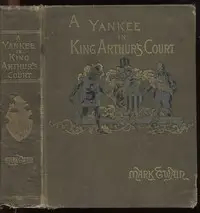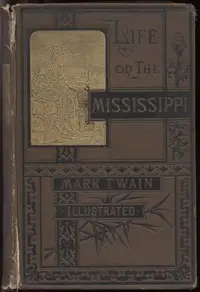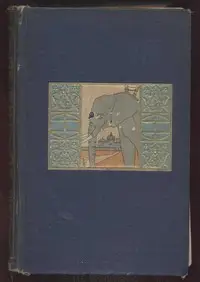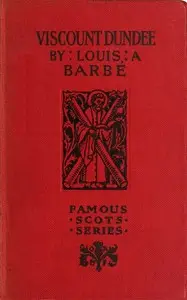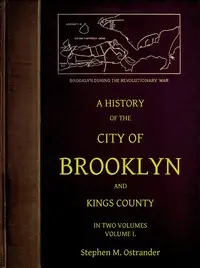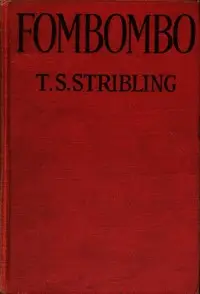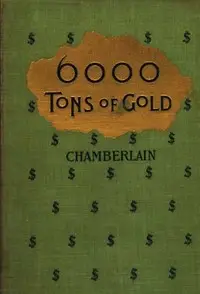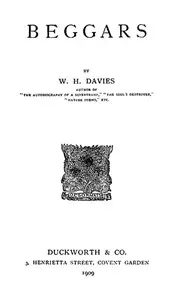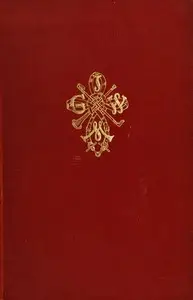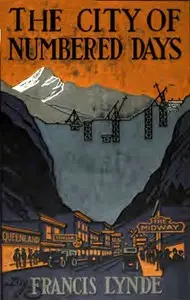"The Adventures of Tom Sawyer, Part 6" by Mark Twain is a classic novel written in the late 19th century. This part of the book continues to explore the adventures of the young boy, Tom Sawyer, as he navigates the complexities of childhood, friendship, and morality in a small town along the Mississippi River. The narrative delves into themes of innocence, bravery, and the consequences of one's actions, driven by a sense of adventure and the pursuit of treasure. In this section, the story primarily revolves around the tension surrounding a murder trial that deeply unsettles Tom and his friend Huck Finn, who carry the heavy burden of a secret that could change everything. Tom’s conscience weighs heavily on him, especially as he witnesses the wrongful fate of Muff Potter, an innocent man accused of a crime he did not commit. The narrative captures Tom's courage and growth as he ultimately decides to testify, revealing his knowledge of the true events and the identity of the real culprit, Injun Joe. This part of the story also intertwines Tom and Huck's enduring quest for treasure, leading them to a haunted house where they witness a thrilling encounter with danger, illustrating their youthful fearlessness and camaraderie. (This is an automatically generated summary.)
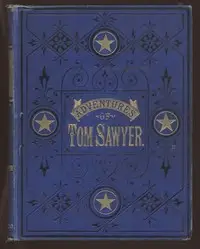
The Adventures of Tom Sawyer, Part 6.
By Mark Twain
"The Adventures of Tom Sawyer, Part 6" by Mark Twain is a classic novel written in the late 19th century. This part of the book continues to explore t...
Samuel Langhorne Clemens, known by the pen name Mark Twain, was an American writer, humorist, and essayist. He was praised as the "greatest humorist the United States has produced," with William Faulkner calling him "the father of American literature." Twain's novels include The Adventures of Tom Sawyer (1876) and its sequel, Adventures of Huckleberry Finn (1884), with the latter often called the "Great American Novel." He also wrote A Connecticut Yankee in King Arthur's Court (1889) and Pudd'nhead Wilson (1894) and cowrote The Gilded Age: A Tale of Today (1873) with Charles Dudley Warner.

